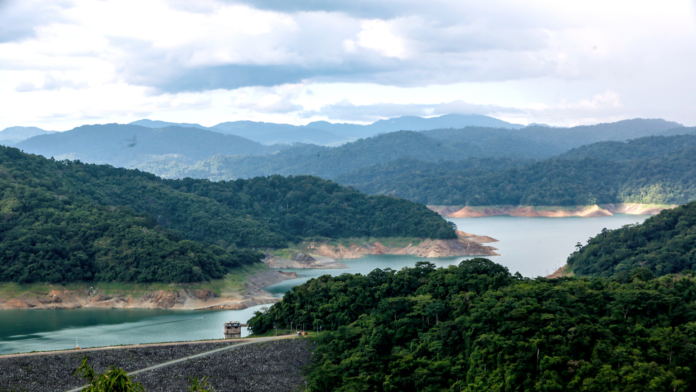The Union of Local Authorities of the Philippines (ULAP) on Thursday urged all local government units (LGUs) to prioritize sustainable water management strategies in the face of the El Niño phenomenon.
The ULAP made this appeal in response to Department of Environment and Natural Resources’ Water Resources Management Office (DENR-WRMO) Undersecretary Carlos Primo David’s presentation on a sobering overview of the country’s water situation during the 103rd National Executive Board Meeting of ULAP on Wednesday.
David’s presentation highlighted the stark reality of uneven water access in the Philippines.
While 67 percent or about 74 million of the population have access to piped and potable water, the remaining 43 percent face critical water shortages. This disparity, coupled with the El Niño, raises serious concerns about potential water crises across the country.
David also underscored the need to ensure water quality.
“When we have the scarcity of water is not just the volume but the water quality. The moment that water is contaminated we have a ready supply of test kits to be able to identify the source of contamination so that we can take action to reprocess it to be safe,” he said.
Earlier, ULAP president Gov. Dax Cua told the Bagong Pilipinas Ngayon briefing that the focus should be on sustainable water resource management to mitigate the ill effects of the weather phenomenon.
He said water management systems should be integrated in terms of agricultural production, industrial use and domestic use, as well as in water recycling and ecosystem restoration.
“El Niño is not just a weather phenomenon; it’s a call to action. We, as LGUs, have the responsibility to safeguard our communities’ future by proactively managing our water resources,” Cua said in a news release on Thursday.
“While emergency measures are necessary in the immediate term, the true solution lies in embracing sustainable water management practices. Let us work together, learn from each other’s successes like those outlined by Undersecretary David, and build resilient communities that weather any storm,” he added. (PNA)


